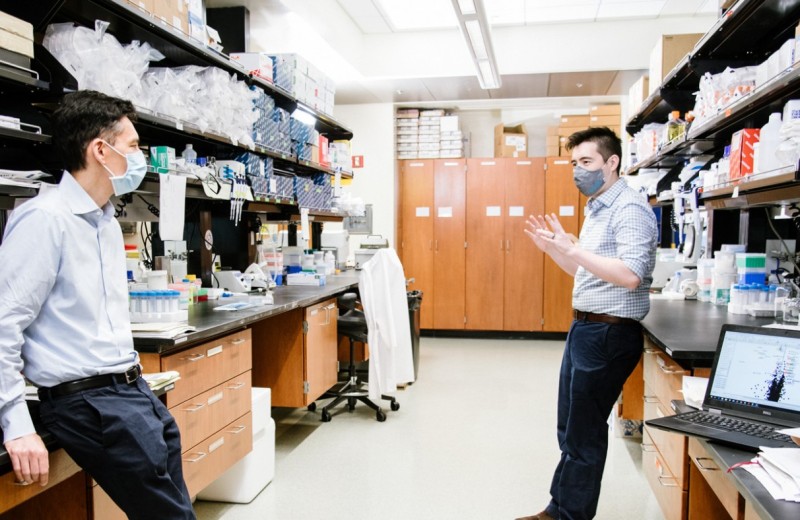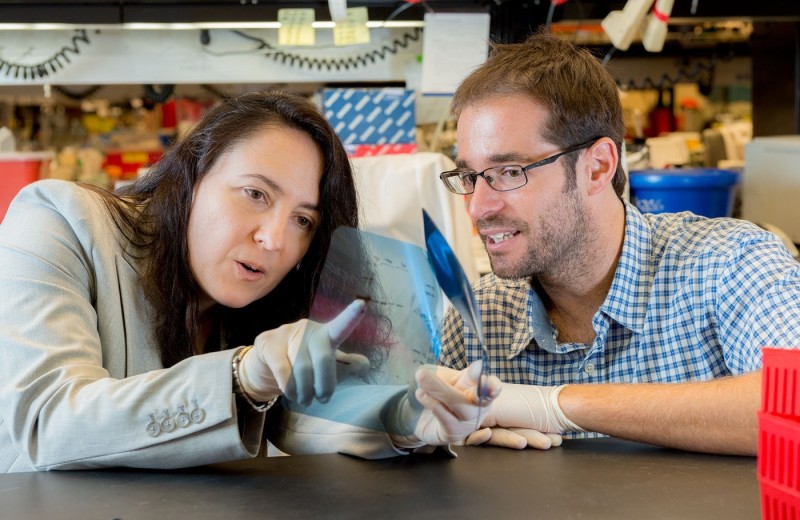Bringing Modern Science to Vitamin Biology: Isha Jain Wins NIH Transformative Research Award
Bringing Modern Science to Vitamin Biology: Isha Jain Wins NIH Transformative Research Award
Leveraging modern scientific tools and techniques, Jain intends to transform our understanding of the critical roles that vitamins play in health and disease.
Awards News Release Cardiovascular Disease Jain Lab Metabolism








